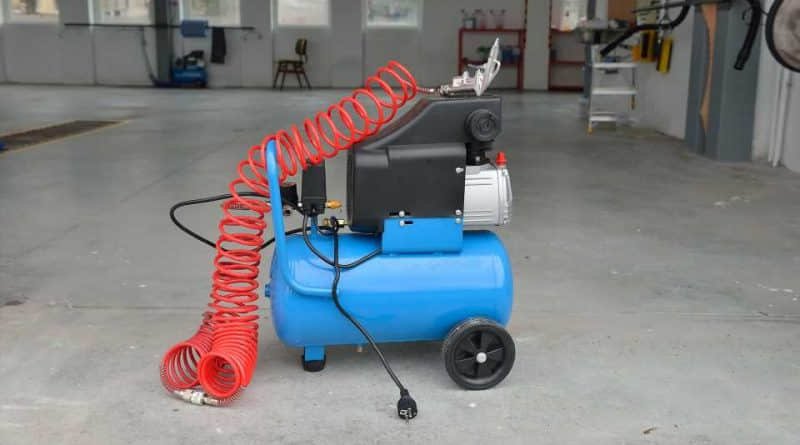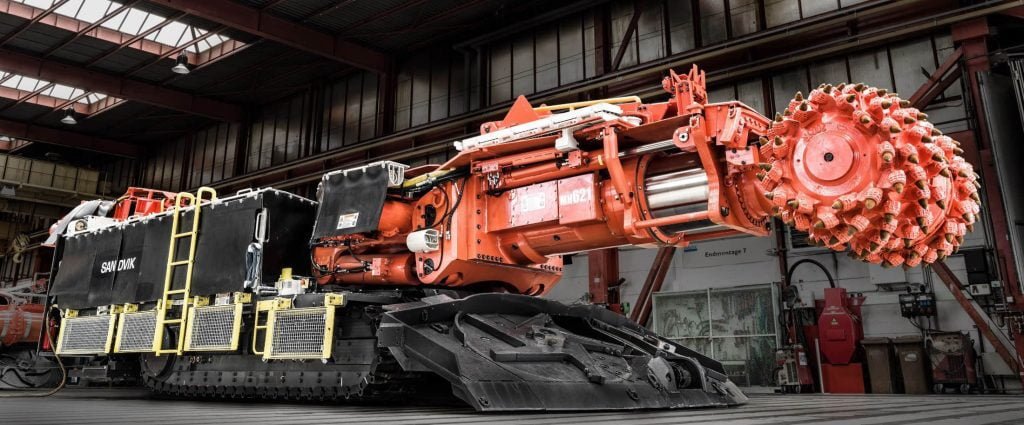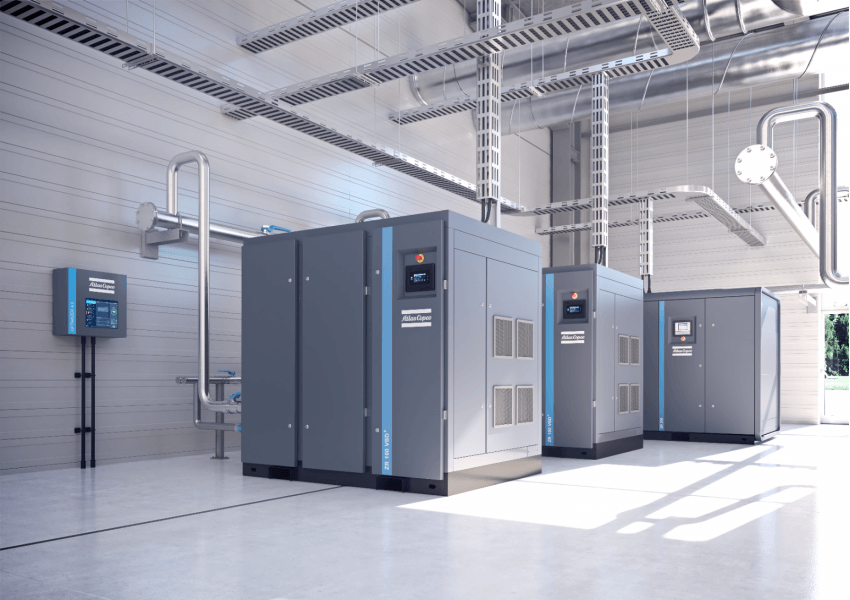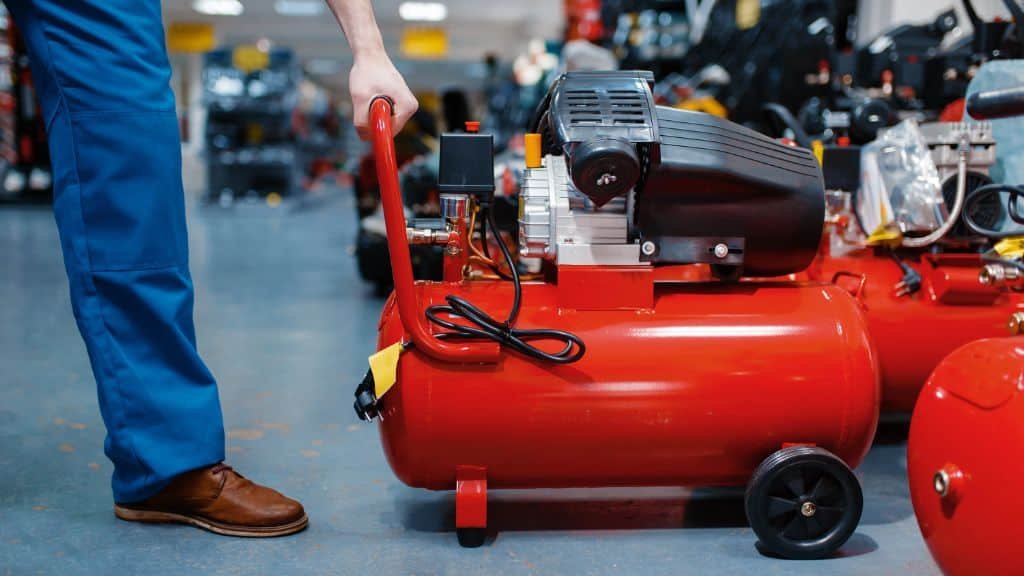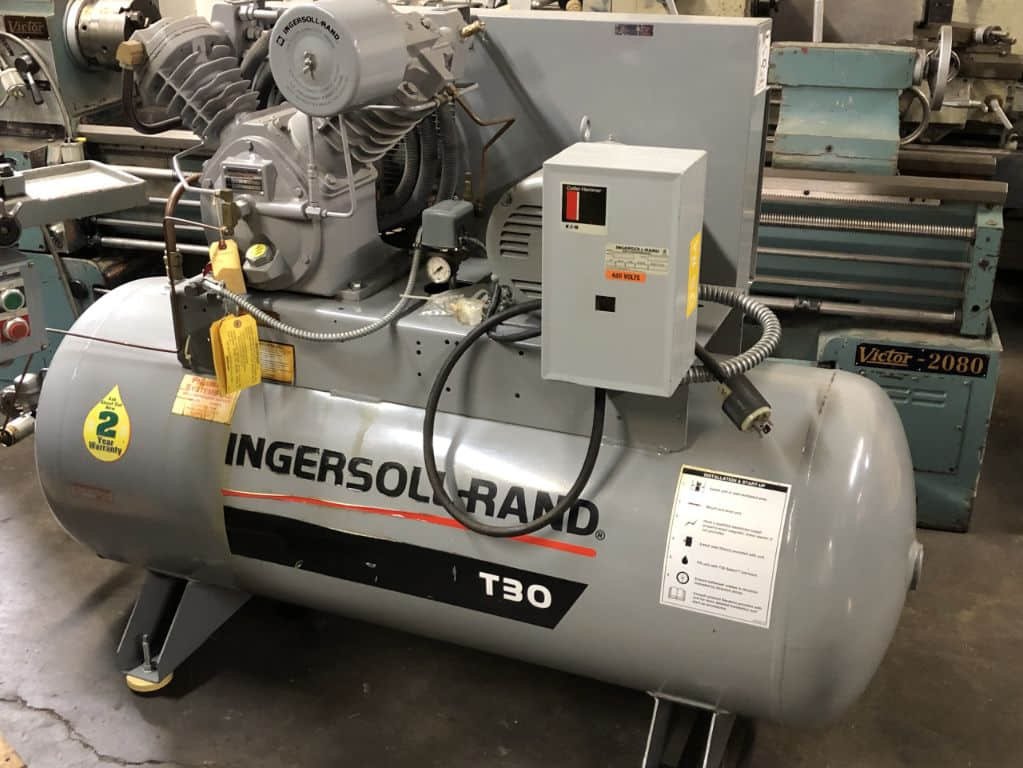Are you looking for the perfect air compressor for your garage or workshop? With so many options available, choosing the right one can be overwhelming and confusing. In this comprehensive guide, we will walk you through the steps to select the perfect air compressor that fits your needs.
Step 1: Determine Your Needs
Before you start shopping for an air compressor, you need to determine your needs. Are you looking for a compressor for your garage or workshop? Do you need a portable or industrial compressor? What will you use the compressor for? Answering these questions will help you narrow down your options and select the right compressor for your needs.
Step 2: Consider the Tank Capacity
The tank capacity of an air compressor is an important factor to consider. If you plan to use the compressor for longer periods, you will need a compressor with a larger tank capacity. A larger tank capacity means the compressor can hold more air, which allows for longer use before the compressor needs to turn on and refill the tank.
Step 3: Look at the Horsepower
Horsepower is an important factor to consider when choosing an air compressor. The higher the horsepower, the more powerful the compressor will be. A more powerful compressor will be able to handle heavier tasks, such as sanding or painting.
Step 4: Check the CFM Rating
CFM (cubic feet per minute) is another important factor to consider when choosing an air compressor. The CFM rating indicates how much air the compressor can deliver per minute. If you plan to use the compressor for tools that require a high CFM rating, such as sanders or grinders, you will need a compressor with a higher CFM rating.
Step 5: Determine the Noise Level
Air compressors can be noisy, so it’s important to consider the noise level when selecting a compressor. If you plan to use the compressor in a residential area or in a small garage, you will want to choose a compressor with a lower noise level.
Step 6: Choose Between Oil-Free or Oil-Lubricated Compressors
There are two types of air compressors: oil-free and oil-lubricated. Oil-free compressors require less maintenance and are better suited for home use. Oil-lubricated compressors require regular maintenance but are more durable and better suited for industrial use.
Step 7: Decide on a Portable or Stationary Compressor
Finally, you need to decide if you want a portable or stationary compressor. If you will need to move the compressor around your garage or workshop, a portable compressor is the way to go. If you plan to keep the compressor in one spot, a stationary compressor will work just fine.
Choosing the right air compressor for your garage or workshop can be overwhelming, but by following these steps, you can select the perfect compressor that fits your needs. Remember to consider your needs, the tank capacity, horsepower, CFM rating, noise level, oil-free or oil-lubricated compressors, and whether you need a portable or stationary compressor.
